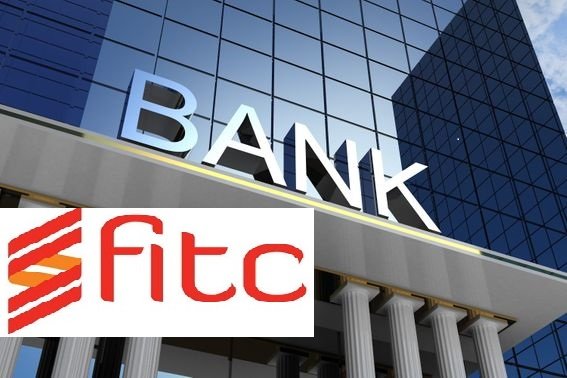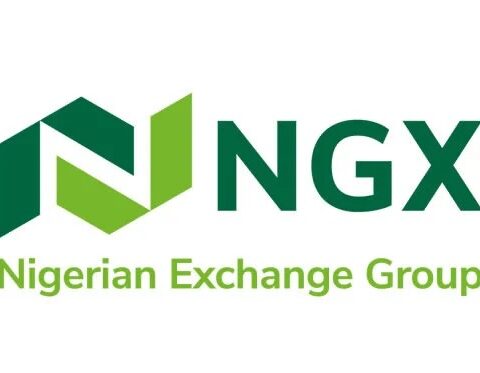The Nigerian banking sector has witnessed a concerning rise in fraudulent activities, with incidents of fraud in bank branches increasing by 31 percent in the second quarter of 2024.
This alarming statistic was disclosed by the Financial Institutions Training Centre (FITC) in its Fraud and Forgeries report, highlighting significant challenges to the integrity of the country’s financial system.
Fraudulent activities in Nigerian banks led to a staggering N42.33 billion in reported losses during the first half of 2024.
This sharp rise was driven by escalating fraud across multiple channels, most notably within physical bank branches.
The FITC report revealed that fraud in bank branches rose dramatically to N42.2 billion in the second quarter, compared to N133.9 million in the first quarter.
The FITC data also pointed to a massive 1,560.3 percent increase in computer and web fraud. Losses in this category surged from N24 million in the first quarter to N400.8 million in the second quarter.
In contrast, mobile fraud witnessed a significant decline, dropping by 59 percent from N216.4 million in the first quarter to N88.7 million in the second quarter.
Interestingly, no cases of ATM-related fraud were recorded during the period under review.
The figures also indicate a shift in fraudulent activities involving various financial instruments. Card fraud saw a notable decline of 47.66 percent, with cases dropping from 21,469 in the first quarter to 11,231 in the second quarter. Conversely, cheque-related fraud rose by 36.67 percent, increasing from 30 cases in the first quarter to 41 in the second quarter.
Mobile fraud recorded an even steeper decline in value terms, dropping by 99 percent from N21.6 billion in the first quarter to N216.36 million in the second quarter.
These figures suggest evolving strategies among fraudsters, with some methods becoming less prevalent while others gain traction.
Amid the rising tide of fraud, legal actions have also intensified. In one notable case, an Abuja Federal High Court issued a 30-day freeze on 818 bank accounts linked to a N10 billion cyberattack on a Nigerian bank.
The court’s directive, issued on October 15, 2024, was based on a motion filed by the police against James Akagwu Isaac and other suspects, including several financial institutions.
Analysts say the surge in fraudulent activities underscores the urgent need for heightened vigilance, enhanced security measures, and robust regulatory interventions in Nigeria’s banking sector.
While the decline in some fraud categories, such as mobile and card fraud, offers a glimmer of hope, the sharp rise in branch-based and web-related fraud highlights the evolving tactics of fraudsters.
To combat these threats effectively, experts recommend that banks must invest in advanced fraud detection systems, conduct regular staff training, and strengthen internal controls.
Collaboration between financial institutions, law enforcement agencies, and regulators will also be crucial in mitigating the impact of fraud and safeguarding the financial ecosystem.
The FITC report serves as a stark reminder of the vulnerabilities within the banking sector and the need for proactive measures to address them. Without sustained efforts, the rising trend of fraud could pose significant risks to Nigeria’s economic stability and the trust of consumers in the financial system.



























